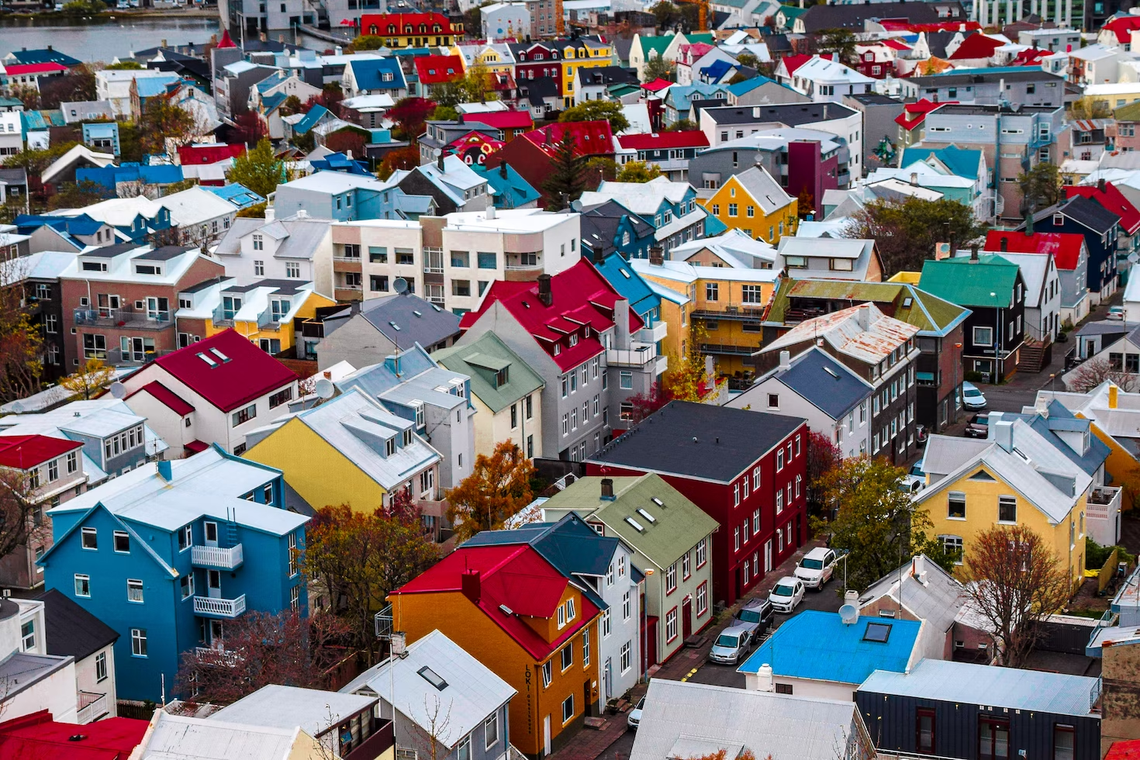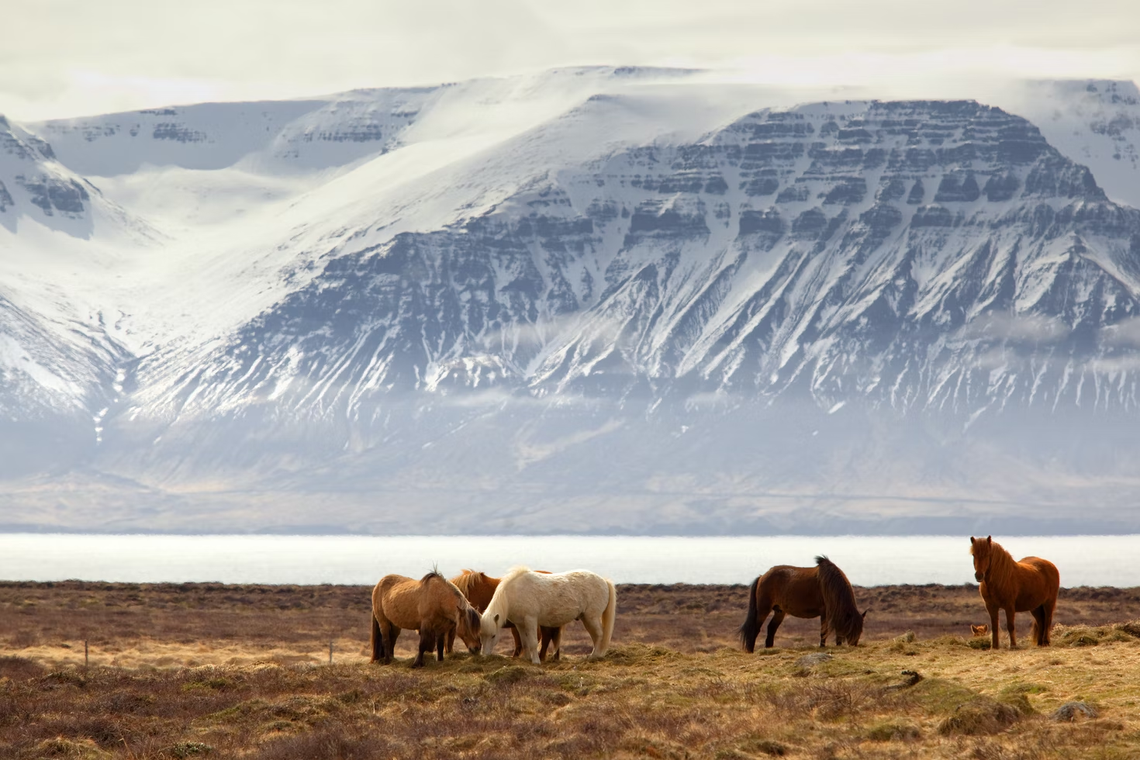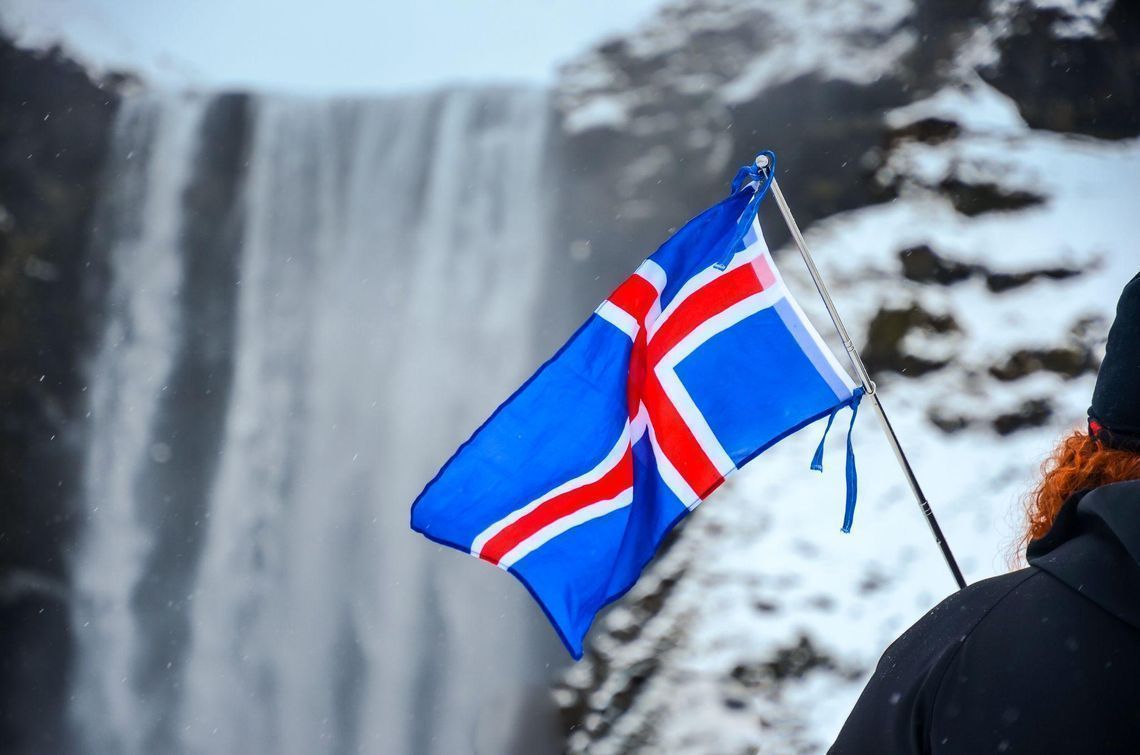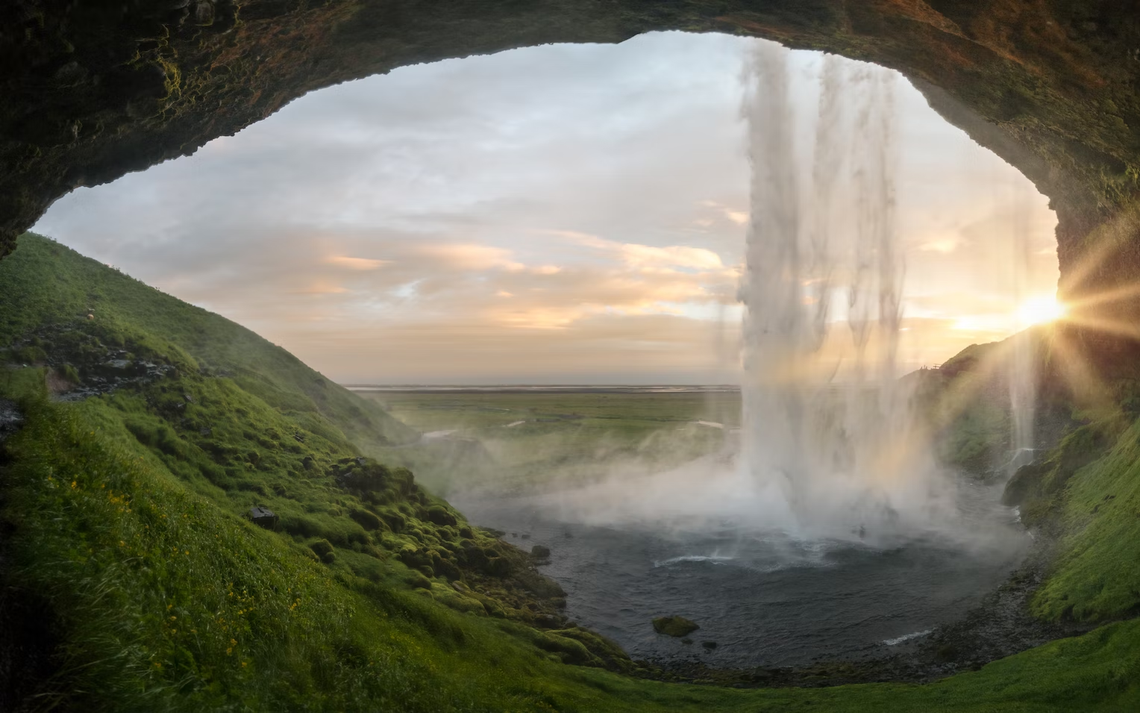Apply to a foreign university with confidence
- Properly fulfilled documents
- Perfect motivation letter
- Support from a personal mentor
- Offers from several universities
Article score: 5 out of 5 (1 review)
Everything about Icelandic Universities. List of universities in Iceland. Tuition costs, best programs, rankings, and reasons to choose Icelandic university.
Free consultation




Universities in Iceland are quite young, the first university appeared in 1911. Despite this, they have earned a reputation in the international community: Reykjavik University and the University of Iceland are included in the 2% of the best universities in the world according to the rating THE. The programs in the fields of energy and the exact sciences are especially well known. At the same time, education in public universities is free, while in private universities it is relatively inexpensive. The average price is 5,650 USD per year.
Items 1-6 of 10
Advanced search| Type of study | Age | Duration | Min. cost | Avg. cost | Exams |
| Foundation | 18+ | 1-4 years | 583 USD/year | 1,555 USD/year | Speak Icelandic |
| Bachelor's | 18+ | 3-4 years | 583 USD/year | 5,650 USD/year | TOEFL 79+ / IELTS 6.5+ |
| Master's | 20+ | 2 years | 583 USD/year | 11,300 USD/year | TOEFL 79+ / IELTS 6.5+ |
| Doctoral | 20+ | 3-5 years | 583 USD/year | 6,780 USD/year | TOEFL 79+ / IELTS 6.5+ |
Secondary education in Iceland lasts 13-14 years, so if your country has an 11-year secondary education system you cannot immediately enroll in Icelandic universities. There are several ways to fill that gap:
Foundation programs in Iceland are conducted only in Icelandic, so they are not designed for foreigners.
The deadlines for submitting documents are set by the universities themselves. Usually, deadlines are in January-May. Studies begin in August.
Most of the bachelor’s and pre-university programs in Iceland are in the national language. To enroll, you need to know Icelandic. Also, some programs at the University of Iceland require entrance tests.
Bachelor’s:
Master’s and Doctoral studies:
Universities of Iceland are divided into two types:
Professional education is implemented in various schools and colleges. But training in them takes place only in Icelandic, so they are not suitable for foreigners.
Several types of educational institutions provide secondary vocational education programs:
There is no clear system of post-secondary vocational education institutions in Iceland. Programs are offered in a wide variety of educational institutions: in high schools, art schools, universities, private educational institutions.
The largest vocational education institution is the Technical College Reykjavík (Tækniskólinn). It has 8 faculties, which study design, marine navigation, electrical, mechanical, and civil engineering. The college also offers an Icelandic language program. Young people from 16 to 25 can enroll[4]. The cost of the course is 196 USD per semester. This is the only program designed for foreigners. After that, you can continue your studies in high school or vocational school.
There are 4 public universities in Iceland: the University of Iceland, University of Akureyri, Hólár University College, and the Agricultural University of Iceland. Education at public universities is free, but a registration fee of 583 USD must be paid every year.
The most prestigious public university is the University of Iceland. It is also the largest university in the country, with 14000 students. Foreigners make up almost 10%, which is quite a lot for Iceland.
The university has five directions: social sciences, medicine, humanities, pedagogy, natural sciences and engineering. Each direction has 5-6 faculties. Energy programs are particularly renowned.
Most bachelor's programs are in Icelandic, but there are some lecture courses in English. Their list can be found in the catalog. The university also offers the Icelandic as a second language program, but in order to enter it, you will have to pass an entrance exam. It will test basic knowledge of Icelandic. There are programs in other languages — German, French, Italian, Swedish, Danish, Japanese.
There are 3 private universities in Iceland: Reykjavík University, Bifröst University, and Iceland Academy of the Arts. Education in them is 3-4 times cheaper than in France, Britain or the Netherlands.
Private universities, like public ones, are partially funded by the government. They are also required to follow the established rules and receive accreditation. Due to the fact that there are only seven universities in Iceland, it is difficult to talk about any general differences between private and public institutions. Each university is unique and, with the exception of the University of Iceland and the Reykjavik University, specialize in specific areas. You should keep this in mind when choosing an educational institution.
Reykjavik University is the largest private university. It has 3500 students, 200 of whom are foreigners. In THE ranking, Reykjavik University ranks even higher than University of Iceland and ranks first in the country. The university has 7 faculties: business, psychology, sports science, law, computer science, engineering, and applied engineering. The university is especially famous for its courses in programming, mathematics, and energy. Students note that teachers at Reykjavik University devote more time to group assignments and practice in teaching when compared to the University of Iceland.
The Iceland Academy of the Arts offers unique programs not found in other universities. There you can study theater, music, design, painting, acting.
| University | Average price per semester |
|---|---|
| Reykjavik University | 6,361 USD |
| Bifröst University | 2,208 USD |
| Iceland Academy of the Arts | 2,333 USD |
Icelandic universities are part of the Nordic University Association (NUS), European University Association (EUA), International Association of Universities (IAU). These organizations develop links between educational institutions, issue scholarships and grants for training, represent the interests of universities in legislative bodies, and develop educational standards.
Formally, public universities in Iceland are free, but to study, you need to pay an annual registration fee of 583 USD. All study materials are also paid. Their costs can be up to 778 USD per year.
You can reduce your training costs by winning a scholarship or a grant. They are paid by both the universities themselves and the government. For example, Iceland's Ministry of Education, Science, and Culture awards scholarships to international students for the Icelandic as a Second Language Bachelor's program at the University of Iceland. The scholarship is paid monthly and covers tuition and living expenses. To get it, you need to win the competition.
60+ countries
we work with
$1,000,000 saved
by students through scholarships
6,400 offers
our students got